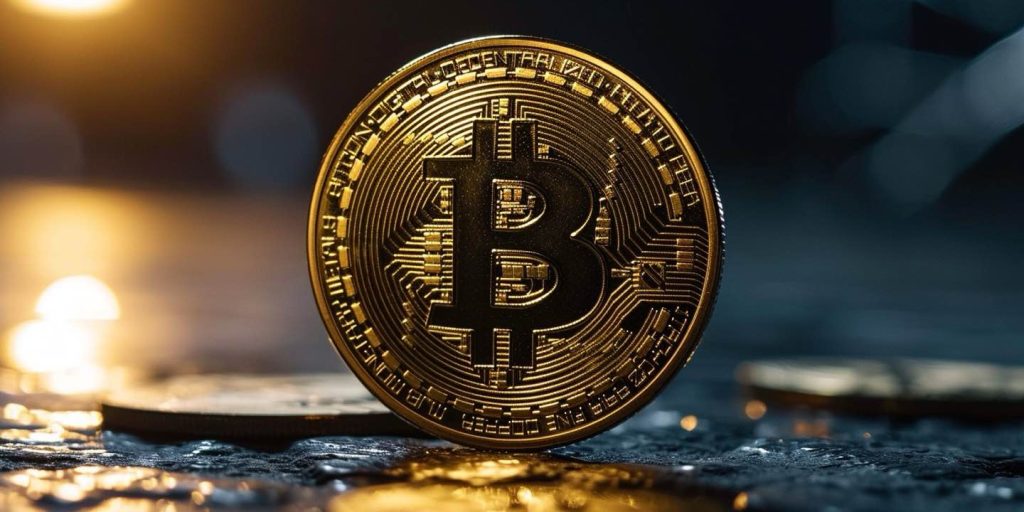Key Takeaways:
- El Salvador introduces Bitcoin Citizenship, offering an accelerated path to citizenship through Bitcoin donations.
- The new law bypasses traditional residency requirements, emphasizing the importance of Bitcoin contributions for national development.
- El Salvador’s adoption of Bitcoin as legal tender and controversial re-election campaign of President Nayib Bukele are key factors.
El Salvador Bitcoin Citizenship: An Innovative Path to Citizenship
El Salvador is advancing a groundbreaking initiative aimed at integrating Bitcoin into its social and economic fabric. Foreigners who contribute to El Salvador’s development through Bitcoin “donations” are now eligible for an accelerated path to citizenship. This move comes as the country continues to embrace the digital currency in unprecedented ways.

What is the Expedited Citizenship Donation Program?
In a bid to bolster the nation’s development, El Salvador’s Congress—led by President Nayib Bukele’s New Ideas party—has passed legislation allowing foreigners to obtain expedited citizenship by donating Bitcoin to government-led social and economic programs. This reform underscores El Salvador’s commitment to utilizing Bitcoin for its potential benefits in national development.
The new migration law eschews traditional naturalization prerequisites—which typically entail a five-year permanent residence period for individuals from non-Spanish-speaking countries, or two years for those with a Salvadoran spouse. Instead, it offers an expedited route bypassing these prolonged residency requirements.
How Does the New Law Work?
The specifics of the Bitcoin “donations” are yet to be clarified, as the law has not stipulated a minimum amount required for eligibility. Yet, the reform unequivocally positions these contributions as crucial to “supporting the economic, social, and cultural development of El Salvador.”
It’s worth noting that as of the law’s passing, Bitcoin’s trading value hovered around $43,741, although the volatile nature of cryptocurrencies means this value is subject to change. Foreigners keen on taking advantage of this opportunity should monitor Bitcoin’s market performance closely.
The Background of Bitcoin as Legal Tender in El Salvador
In 2021, El Salvador became the first nation to adopt Bitcoin as legal tender. The decision was a bold step into relatively uncharted economic territory. While Bitcoin’s assimilation into everyday transactions has been gradual, its standing as an official currency has drawn numerous digital currency proponents to the country. These enthusiasts have primarily settled in coastal communities, betting on a future where Bitcoin is as ordinary a medium of exchange as the dollar.
Nayib Bukele’s Re-election Campaign and Constitutional Implications
President Nayib Bukele, whose party facilitated the passing of this innovative legislation, is concurrently embarking on a re-election campaign. Set for February 4, Bukele’s candidacy is as noteworthy as the Bitcoin-centric reform, chiefly because consecutive presidential terms have traditionally been constitutionally barred in El Salvador.
However, in 2021, the nation’s top court—composed of members appointed by Congress—ruled in favor of Bukele’s eligibility for another term. This contentious decision drew criticism and concern from the international community, including the United States.
Considerations and Criticisms
The El Salvadoran government is pursuing an arrangement with the International Monetary Fund (IMF) for new financing, amidst apprehensions over the slower than anticipated economic growth. The IMF has not shied away from expressing its reservations about the country’s leap into Bitcoin, emphasizing the potential perils associated with the cryptocurrency’s volatility.
It is crucial for foreigners contemplating this new avenue for citizenship to conduct thorough research and exercise prudence. For current policies, procedures, and official immigration resources, visiting the Dirección General de Migración y Extranjería de El Salvador is highly recommended to ensure access to the most accurate and up-to-date information.
Whether El Salvador’s daring foray into Bitcoin citizenship incentivizes the sought-after economic development remains to be seen. Nonetheless, it surely positions the nation at the forefront of unconventional governmental financial innovation.
Well, folks, it seems El Salvador is going all-in on Bitcoin! They’ve come up with a genius plan to offer an accelerated path to citizenship for foreigners who make “donations” in Bitcoin. It’s like getting citizenship through crypto-philanthropy! So, if you’re a tech enthusiast with dreams of becoming a Salvadoran citizen, hop on over to visaverge.com for more juicy details. Trust me, it’s well worth the click!
This Article in a Nutshell:
El Salvador is paving the way for an innovative citizenship program by integrating Bitcoin. Foreigners can obtain citizenship by donating Bitcoin to government programs. This move aligns with El Salvador’s embrace of digital currency and aims to promote economic development. Bitcoin’s market value should be monitored closely.














